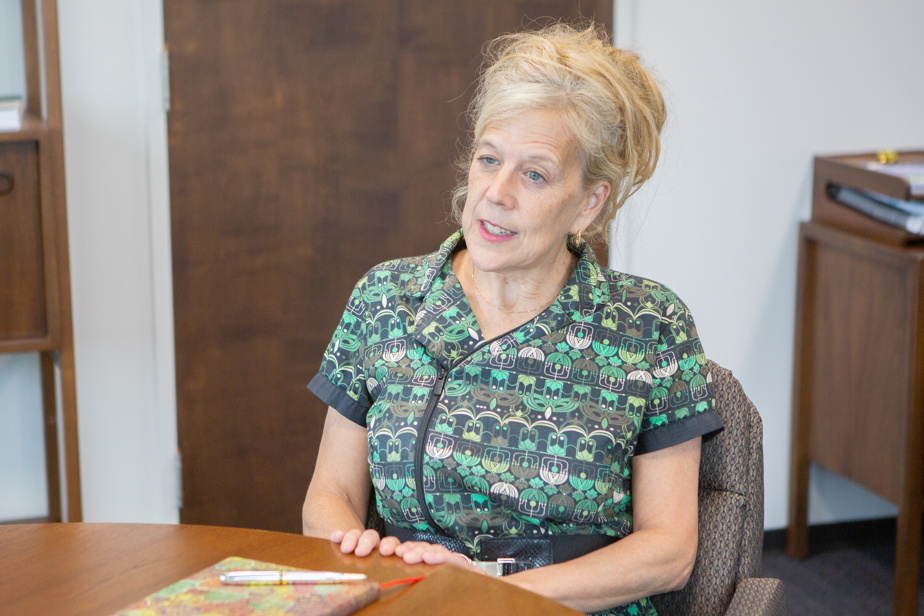Each year, around thirty new program projects in Quebec universities are presented to the Program Project Evaluation Commission (CEP) of the Interuniversity Cooperation Office (BEI). To be accepted, they must go through a “comprehensive, robust and rigorous” process. Overview.
There are two families of university programs: grade and non-grade. For the first category, which includes the bachelor’s degree, master’s degree and doctorate, a file is first created at the host university, Christine Hudon, vice-rector of studies at the University of Sherbrooke, explains to La Presse.
At this stage, a team is responsible for “demonstrating the quality and relevance” of the planned course on several aspects: structure, pedagogy used, modalities, approach, way of evaluating, availability of resources and infrastructure (classes , books, teaching spaces), among others.
The university will ask itself whether there is relevance for its establishment and from a socio-economic point of view in adding the program. Does the program already exist elsewhere? Is there demand in this sector and in the region? Will he be able to contribute to the scientific advancement of his field?
Once all these elements have been demonstrated and the project has successfully passed an internal financial feasibility assessment, it is sent externally. The CEP will therefore carry out an initial analysis and will request clarification on certain elements, if necessary.
“The Commission will seek out a group of experts in the discipline. They will ask their questions, make visits, meet program promoters, teachers, lecturers and students who might be interested, lists Christine Hudon. And management, too, to ensure that the program is well supported. »
At the end of its evaluation process, the CEP will write an opinion, attaching it to conditions and suggestions so that the program can be opened. All in all, the process could take a long time… but new objectives established by the BEI set a maximum duration of nine months for this work.
Last step: the university programs committee, supervised by the Ministry of Higher Education, also carries out an evaluation and generally confirms funding after three or four months. Refusals are quite rare: it mainly involves asking establishments for clarification or modifications.
After which, all existing university programs must be subject to an evaluation every 10 years.
Programs without grades, such as certificates and DESS, are entitled to a slightly shortened course. Supervision is only done internally, without going through the BEI. But the new course will still “indirectly be subject to evaluation or quality assurance”.
Overall, there are many requests for the creation of programs in the technology sector or in the health field. The other option is when a regional university wishes to add to its curriculum a program already offered in large cities.
“Before, the procedures could easily be spread over 24 months. The fact of having shortened the time gives us more agility without sacrificing rigor,” thinks Christine Hudon.
So we can expect the new deadlines to be met? Nine and three months respectively, is that realistic? “The CEP has done a colossal amount of work to review all of its processes. Not only is it realistic, it’s already happening,” she responds.
